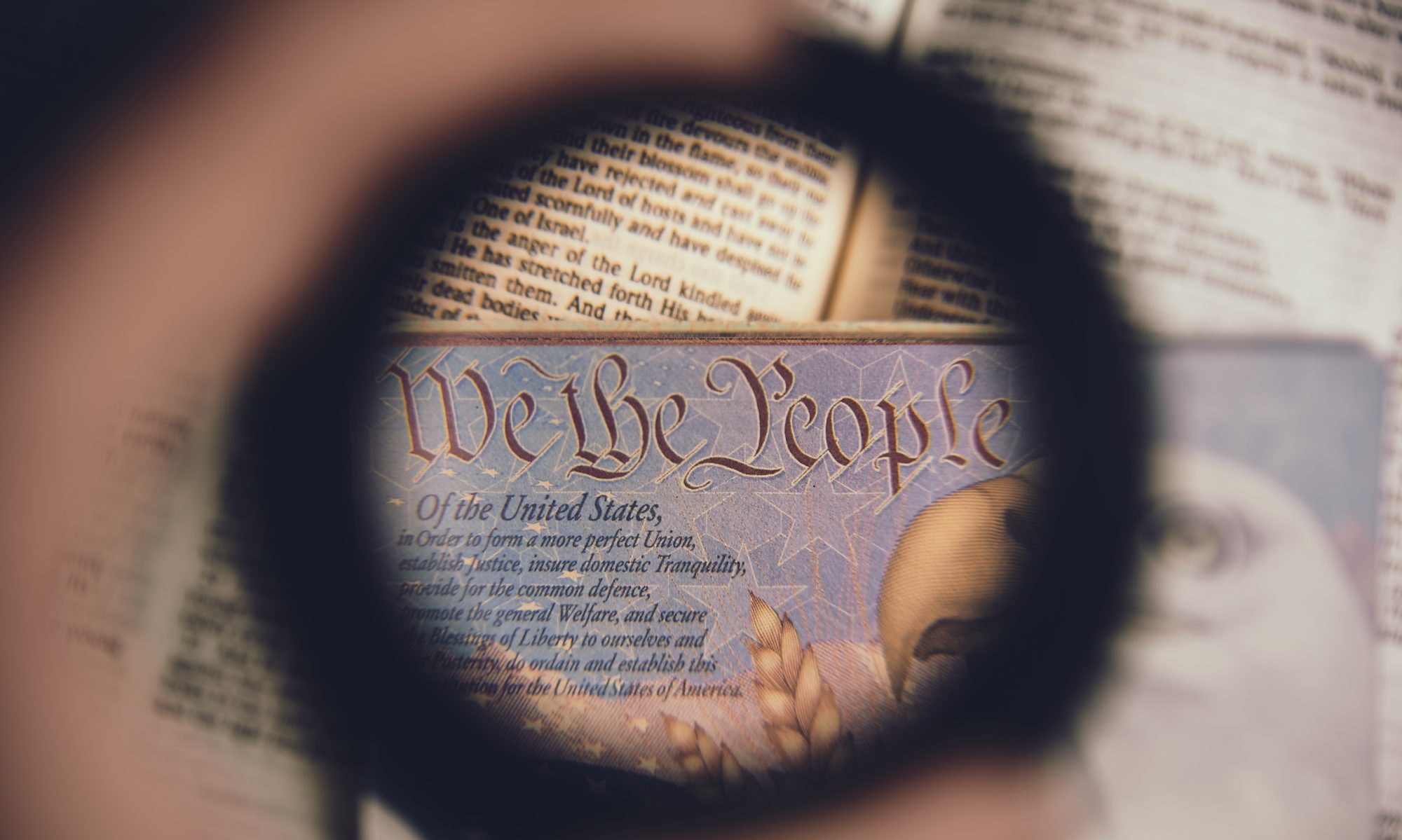By: Rob Natelson

Everyone who studies the Constitution knows it grants to agencies of the federal government and a few other entities only enumerated (listed) powers. Sometimes, though, it is not obvious whether a particular function is included in an enumerated power. For example, is authority to inspect goods within Congress’s authority to “regulate Commerce?”
When the American people were considering whether to ratify the Constitution, the principal argument of its opponents (Antifederalists) was that the Constitution would grant too much power to the central government. The Constitution’s advocates (Federalists) countered that the central government’s authority would be strictly limited.
To reinforce their position, the Federalists promised a bill of rights that would remove some subjects—such as religion—entirely from federal jurisdiction. They also publicized lists of functions that, if the Constitution were adopted, would remain solely within the spheres of the private sector and of state governments. It is doubtful whether the Constitution would have been ratified if the Federalists had not provided the country with those representations.
History well remembers the Bill of Rights. But despite their importance, the lists of enumerated non-federal functions were long forgotten. In 2003, however, I researched and wrote a scholarly article, The Enumerated Powers of States.
It re-published the Federalists’ list of powers exclusively within the private and state sphere. It also showed how their representations were at the core of the constitutional deal. Under the terms of that deal, the federal government was to have little or no authority over many subjects onto which it has since intruded: manufactures, real estate, the criminal law, civil jurisprudence, health care, most infrastructure projects, and many others.
Of course, the “prestige” law journals refused to seriously consider my article. But a newer publication, Nevada Law Journal, agreed to publish it. The Enumerated Powers of States has become one of my all-time most-cited writings.
Last summer, I published a supplemental survey in the Federalist Society Review. It included information not in the original article. Now the same publication has released a third essay in which I discuss still more founding-era evidence—this evidence only newly brought to light. This material reinforces the conclusion that the Founders understood the Constitution to place outside federal control many functions the central government has appropriated.
Liberal law professors have long floated innovative—and rather far-fetched—claims about the Constitution designed to show that the document somehow authorizes the welfare and regulatory state. The latest essay discusses two of the most recent assertions of this kind. My essay shows that both the Constitution’s text and the latest evidence flatly contradict these assertions. You can find my latest article here.
Rob Natelson
In private life, Rob Natelson is a long-time conservative/free market activist, but professionally he is a constitutional scholar whose meticulous studies of the Constitution’s original meaning have been repeatedly cited in U.S. Supreme Court opinions and published or cited by many top law journals (See: https://i2i.org/author/rob/) He co-authored The Origins of the Necessary and Proper Clause (Cambridge University Press) and The Original Constitution (Tenth Amendment Center). He was a law professor for 25 years and taught constitutional law and related courses. He is the Senior Fellow in Constitutional Jurisprudence at Colorado’s Independence Institute.
Visit Tenth Amendment Center
Visit BamaCarry Inc, Alabama’s No-Compromise Gun Rights Group
